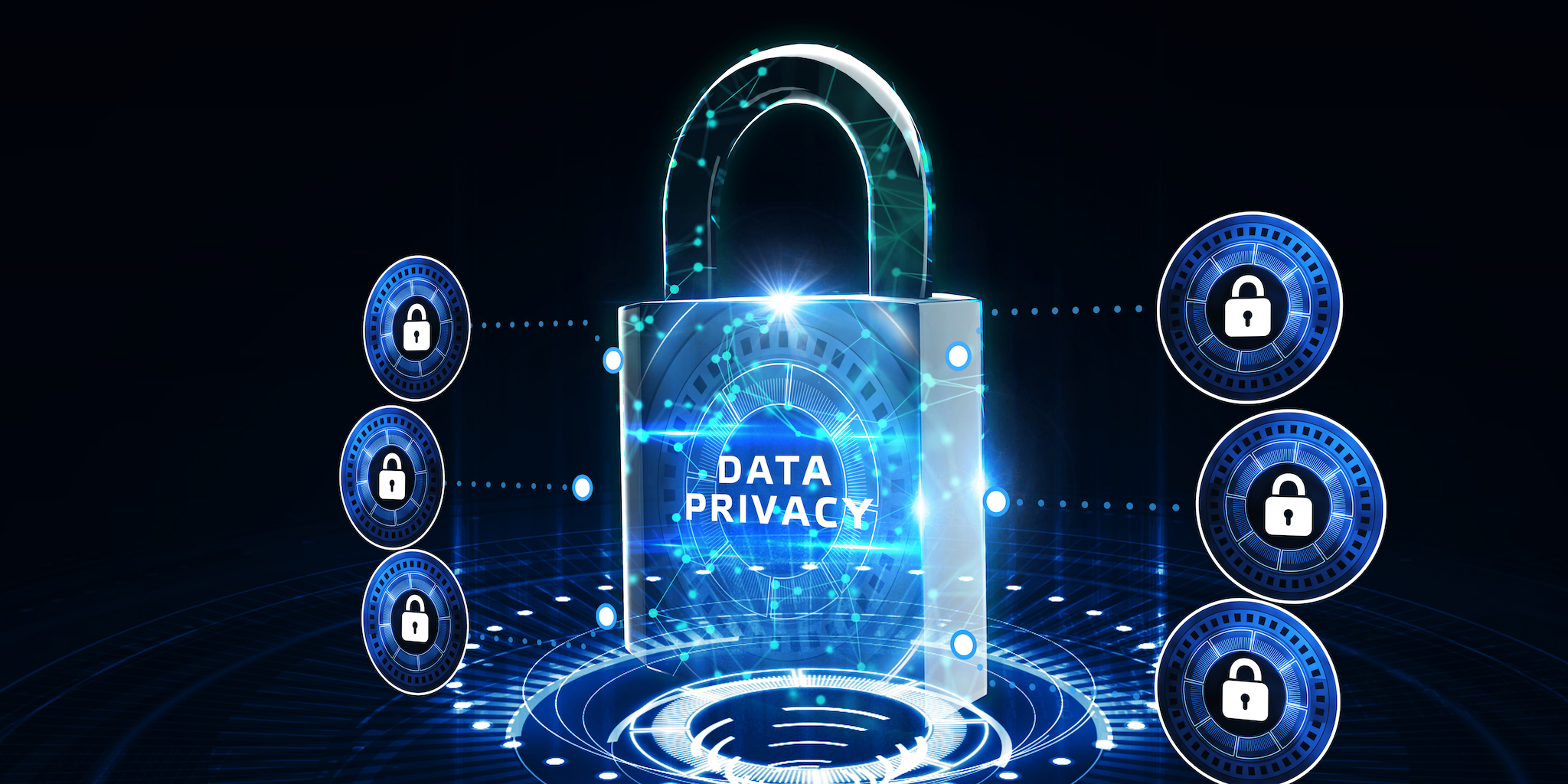Private AI arrive en France et met l’intelligence artificielle au service de l’anonymisation des données personnelles

(English below)
Paris, le 27 septembre 2022 : Private AI, éditeur canadien de solutions d’intelligence artificielle pour automatiser désidentification des données personnelles, arrive en France. Private AI s’appuie sur les dernières technologies de traitement automatique du langage naturel pour rendre la confidentialité et la conformité au RGPD plus rapide, plus facile et plus fiable. Patricia Thaine, Co-fondatrice et PDG de Private AI déclare « Nous réalisons le mariage impossible entre l'IA et la protection des données personnelles. »
Les solutions de Private AI se distinguent avant tout par leur facilité d’installation, l’ampleur de leur couverture et le niveau de sécurité qu’elles offrent. Patricia Thaine précise « Elles ne nécessitent que trois lignes de code et fonctionnent comme une boîte noire, permettant aux entreprises de tirer le maximum de valeur de leurs données tout en restant conformes à la RGPD et en préservant la confiance des clients. » Leur technologie identifie, supprime et remplace plus de 50 types de données DCP (données à caractère personnel), données de santé et PCI (Payment Card Industry ou données liées à la sécurité de l’industrie des cartes de paiement). Elles le font à partir de données non structurées tel que du texte, du son ou de la vidéo. Elles supportent 42 langues et affichent un taux de réussite de 99,5%.
Les tests effectués par les utilisateurs ont permis de constater que les systèmes de Private AI surpassent de manière significative les technologies des mastodontes du marché comme Amazon et Google. Ils fonctionnent directement dans les flux de travail et l'infrastructure des clients ; évitant ainsi que les données sensibles soient partagées en dehors de leur système.
À l’occasion de son arrivée sur le marché français, Patricia Thaine déclare « Nous sommes particulièrement enthousiaste face à l’accélération de la commercialisation de nos solutions et à notre arrivée sur le marché français. 4 ans après l’entrée vigueur du nouveau règlement européen sur la protection des données personnelles, nous proposons une technologie aboutie pour un internet plus sûr. »
À propos de Private AI
Fondée par des experts en confidentialité et en apprentissage automatique de l'Université de Toronto, Private AI a pour mission de créer une couche de confidentialité pour les logiciels et de renforcer ainsi la conformité aux réglementations en vigueur telles que le RGPD. Le traitement des données par l’intelligence artificielle permet de combiner cybersécurité et vie privée pour un internet plus sûr.
CONTACTS PRESSE:
Agence OneChocolate
Jean-Marie Amoros
jean-marie@onechocolate.fr
Tél : 06 85 12 15 00
Hannah Grunbaum
hannah@onechocolate.fr
Tél : 01 41 31 75 10
Private AI arrives in France and uses artificial intelligence to anonymize personal data
Paris, September 27, 2022: Private AI, a Canadian provider of artificial intelligence solutions to automate the de-identification of personal data, is coming to France. Private AI leverages the latest natural language processing technologies to make privacy and GDPR compliance faster, easier, and more reliable. Patricia Thaine, Co-founder and CEO of Private AI says, "We are achieving the impossible marriage between AI and data privacy."
Private AI's industry-leading solutions are distinguished above all by their ease of installation, their breadth of coverage, and the level of security they offer. Patricia Thaine says, "We only require three lines of code and work like a black box, allowing companies to get the most value out of their data while remaining GDPR compliant and safeguarding customer trust." Their technology identifies, removes, and replaces 50+ entities of PII (Personally Identifiable Information), PHI (Protected Health Information), and PCI (Payment Card Industry data) from unstructured data such as text, audio, and video. They support 42 languages and achieve 99.5% accuracy. View their web demo here.
User testing has shown that Private AI's systems significantly outperform the technologies of the market behemoths such as Amazon and Google. They operate directly within customers' workflows and infrastructure, preventing sensitive data from being shared outside their clients’ systems.
Commenting on its arrival in the French market, Patricia Thaine said, "We are very excited about accelerating the commercialization of our solutions and arrival in the French market. Four years after the entry into force of the new European regulation on personal data protection, we offer a mature technology for a safer internet.”
About Private AI
Founded by privacy and machine learning experts from the University of Toronto, Private AI's mission is to create a privacy layer for software and enhance compliance with current regulations such as the GDPR. Processing data through artificial intelligence helps to combine cybersecurity and privacy for a safer internet.
PRESS CONTACTS:
Agence OneChocolate
Jean-Marie Amoros
jean-marie@onechocolate.fr
Tel : 06 85 12 15 00
Hannah Grunbaum
hannah@onechocolate.fr
Tel : 01 41 31 75 10




































































































